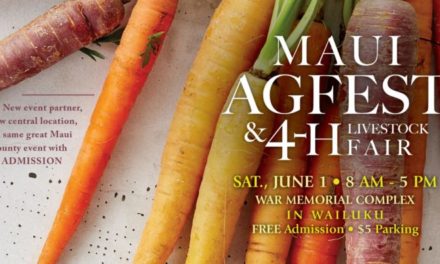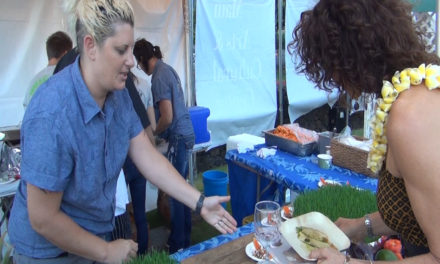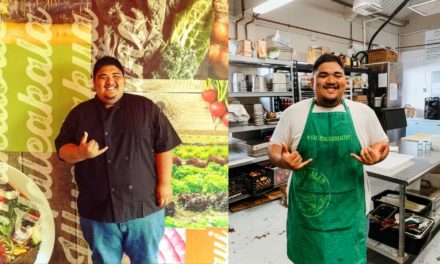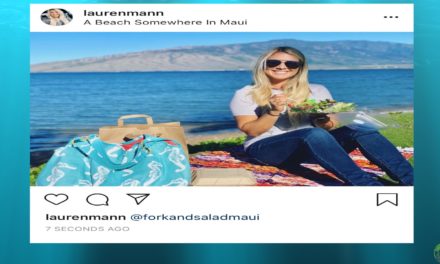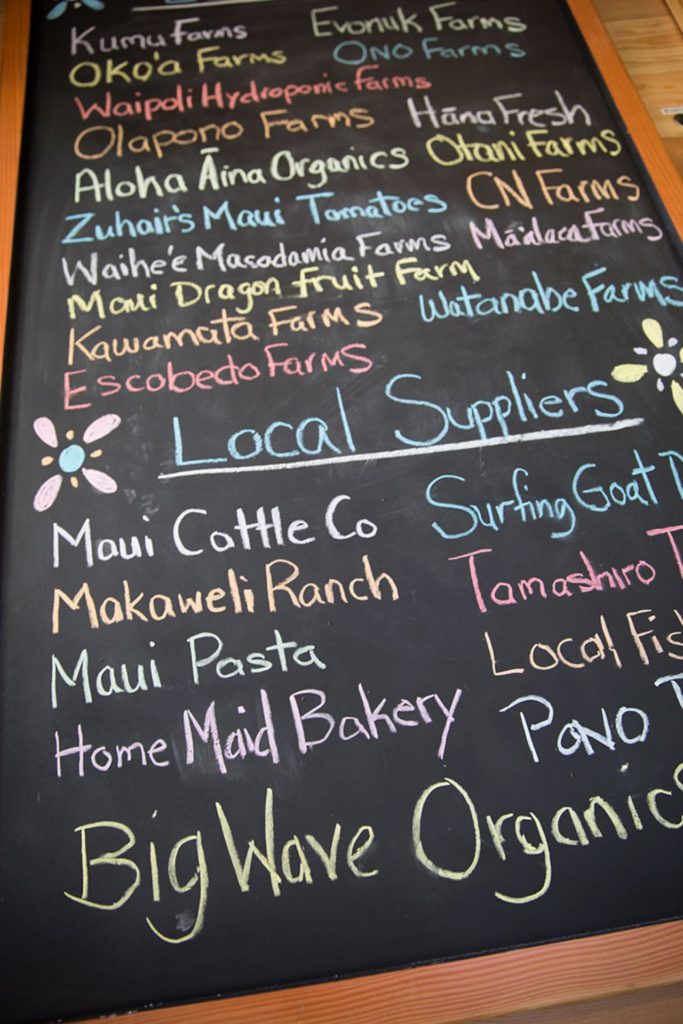Are you listening?
The trees are talking.
That’s how John Varel describes the vibe on Waihe’e Valley Plantation, a peaceful, sustainable home to around 17,000 trees on more than 11,000 acres.
“The trees talk,” he says. “They basically are telling us what they want and need, and if they can’t get what they want and need, they just say, ‘I’m not bearing any fruit this year.’”
Varel, a former commodities broker, bought the acreage in Waihe’e back in 2002. He envisioned a modest orchard, but says “it’s not a few fruit trees in the backyard” anymore.
“I just thought there’s got to be a place on 1,000 acres where I can build and live out the rest of my life and have old Hawai‘i, ‘cause it’s like Hāna back here, except a little bit warmer, maybe even a little more humid,” he explains.
Varel grew up on a farm in Illinois, but considers this Maui plantation a much deeper venture. He has bought, modified and even created equipment, which includes nut-sweeping and rock-sorting machines, along with golf-ball-style pickers and machinery like tractors, excavators, bulldozers and mowers.
The mac nuts operation involves picking, shelling and husking. To preserve the flavor, quality and oils, the nuts dry slowly in the shell for up to 10 days, which also minimizes moisture. Varel has a reason he doesn’t dry-roast the macadamia nuts.
“Dry roasting might be great in my opinion for the small package that you want to pick up at Long’s and take back to the mainland with you as a tourist,” he explains, “but for cooking, I think it denigrates what would really add the flavor to the dish.”
We use Waihe’e Valley Plantation macadamia nuts at both our restaurants, Three’s Bar & Grill and Fork & Salad in Kīhei. Here, you can enjoy them in our mac nut pesto on the Lemon & Thyme Chicken Sandwich, Ahi Melt and Roasted Kumu Farms Eggplant & Goat Cheese Sandwich. Or, choose them as one of your ingredients in a Build-Your-Own salad.
The mac nuts are delivered weekly to local restaurants and bakeries, factoring in freshness and cutting out shipping costs.
“We find that makes for a much more symbiotic and synergistic relationship between the local restaurants and us as the local farmer,” he adds.
Varel and his team of local workers collaborate on what he calls “a big business in a small way.” The land is off-grid, enlisting solar power, terraced fields, well water and water catchment along with micronutrient-rich compost, which consists of mac nut husks and bedding/manure from the on-site equestrian center. Varel calls himself a caretaker.
“I would hope this is kept as ag in perpetuity; it’ll stay a farm long after I die,” says Varel, who’s a passionate proponent of supporting local producers. “If we had a tragedy affect this island and the world for that matter, and they couldn’t ship from that end and we couldn’t receive on this end, what would we be eating? Why are we shipping in 80, 90% of our food?”
Varel says he’d like to see our island embrace more self-sustainability into the future by respecting the ways of the past.
“In the ancient Hawaiian culture, you supplied the food you needed for the people who were living here,” he says. “I think we’ve got to act globally and protect all of Mother Earth, but also do what we can do locally.”
We invite you to support local as well! So next time you join us at Fork & Salad, sprinkle on some of those local mac nuts and taste the freshness for yourself! #EatLocalEatHealthy

